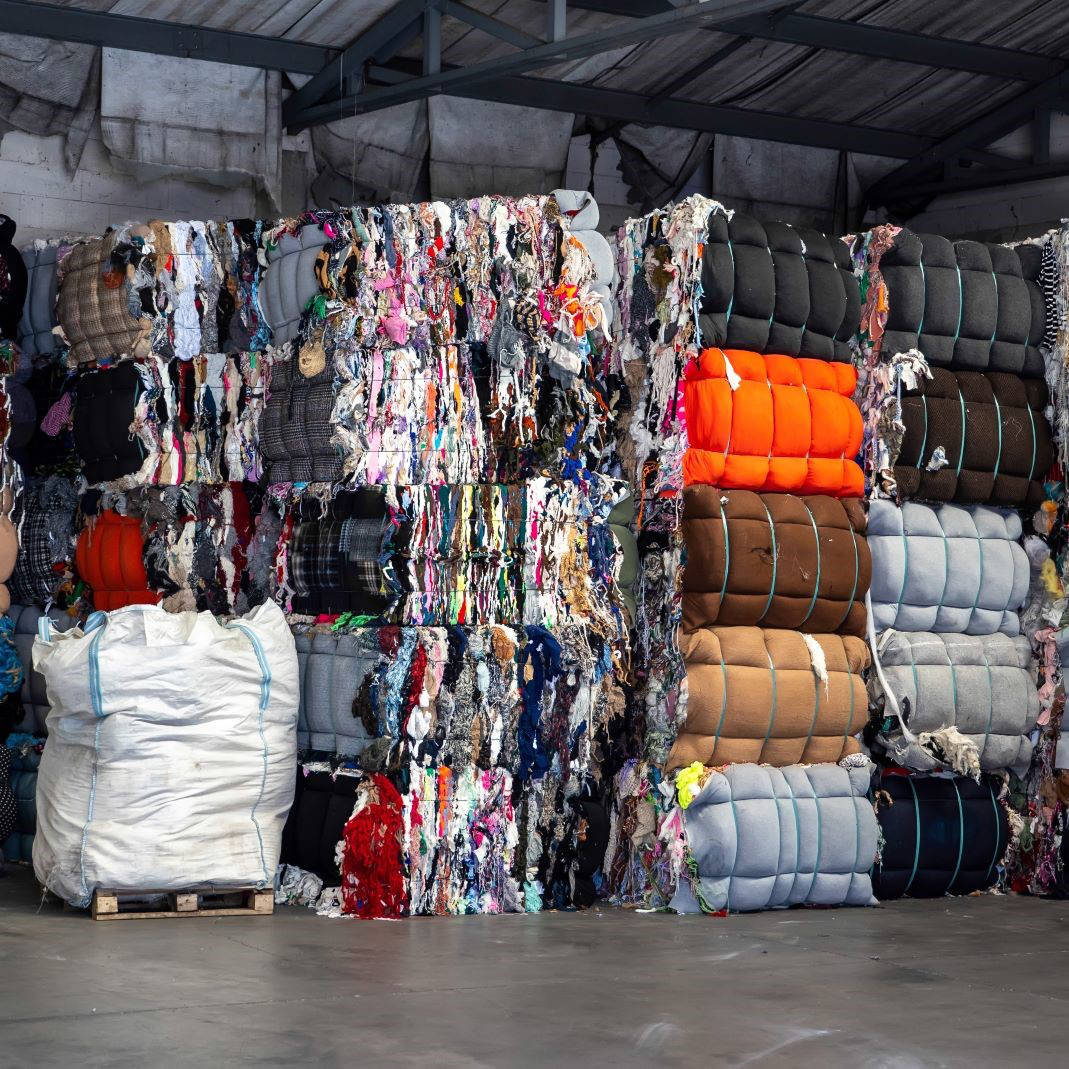Reading time: 2 minutes
Sustainable travel is reshaping the industry
For around 40% of German travellers, sustainability is becoming a key criterion when booking accommodation. Responsible travel includes climate protection and support for local communities. In response, the hospitality sector is rethinking its interior choices.
Sustainable carpets play a key role. Made from eco-friendly materials, free from harmful chemicals and often beneficial for indoor air quality, they enhance both comfort and well-being.
Why sustainability matters in hotel carpeting
From reception areas to corridors and guest rooms, carpets are a core part of hotel interiors. Since they require frequent cleaning and replacement, their environmental impact is significant.
Opting for sustainable carpet materials helps reduce emissions, conserve resources and strengthen a hotel’s positioning as an eco-conscious brand – something business travellers increasingly factor into their decision-making.
What defines an eco-friendly hotel carpet?
Sustainable hotel carpets are made from natural or recycled fibres. Their environmental benefits include:
- Non-toxic production – free from softeners or hazardous dyes
- Circular potential – biodegradable or technically recyclable
- Durability – long-lasting textiles reduce resource consumption
Recommended materials:
- Organic cotton, sisal, jute, linen – biodegradable, skin-friendly and durable
- Recycled sources – e.g. PET bottles or fishing nets – reduce raw material use and CO₂ emissions
Functionality without compromise
Sustainable carpets meet high-performance standards:
- Sound absorption – compressed wool fibres reduce footfall and ambient noise
- Thermal insulation – soft flooring retains heat and improves energy efficiency
- Health benefits – natural fibres bind less airborne dust, improving indoor air quality and making them more suitable for allergy-sensitive environments
Conclusion: Sustainable carpets support climate goals and hotel identity
Carpets must withstand intense use and frequent cleaning. Sustainable alternatives are durable, easy to maintain and resource-efficient. They enhance air quality, strengthen eco-conscious branding and improve the environmental performance of hotels.
FAQ – Frequently asked questions
What makes a hotel carpet sustainable?
It’s made from recycled or biodegradable materials and is built to last – reducing the need for frequent replacements. This helps conserve resources and supports circular practices.
How do eco-friendly carpets benefit the environment?
They reduce CO₂ emissions, cleaning requirements and replacement frequency, while also supporting local sourcing and reducing textile waste – all contributing to a lower carbon footprint.
Are there eco-friendly yet luxurious carpet options for hotels?
Yes – sustainable carpets can deliver high-end design and comfort. With features like sound insulation, thermal comfort and antistatic properties, they combine performance with luxury – all while supporting sustainability.










